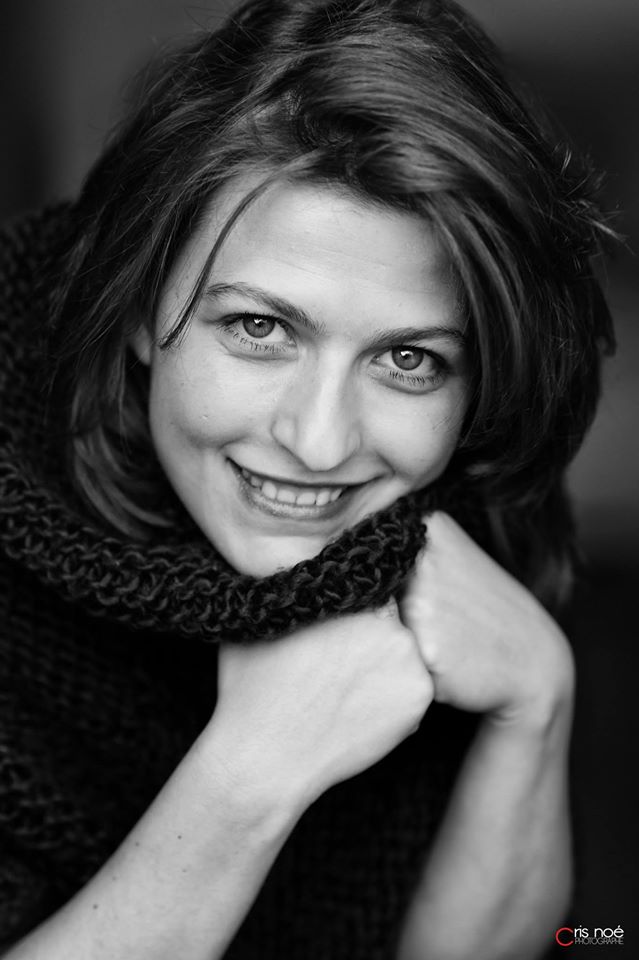by Sherif Awad
Among the films screened at the competition of the 31st Alexandria Film Festival for Mediterranean Countries (2-8 September), is Sworn Virgin, an Albanian-Italian drama revolving around Hana (Alba Rohrwacher), a young woman who is growing up in an archaic alpine landscape inside Albania where the old codes and traditional gender roles prevail. She escapes the fate of a wife and servant when, in accordance with Kanun, (traditional Albanian law), she pledges herself to life-long virginity, thus sacrificing her femininity for perceived freedom after she let her sister Lila (Flonja Kodheli) escape with an Italian boyfriend to his homeland. For years, Hana is treated like a man; wearing men outfits and being referred to as Mark. However, after ten years of seclusion, she decides to change her life and takes the train to Italy, where her sister lives with her family.
In her debut feature film, Italian co-writer and director Laura Bispuri accompanies a young woman on a difficult and painful odyssey, away from the old-fashioned world of the mountains and into the modern life of the city.
The film premiered at the Berlinale’s competition last February then made its North American premiere in Tribeca festival last April. During Alexandria festival, Laura Bispuri and Flonja Kodheli came to present the film to Egyptian audience and cineastes. Kodheli also accepted the festival’s additional invitation to be jury of the Mediterranean Short Film Competition. I met them after the screening of their film:
– Laura, what did you like about the novel by Elvira Donis to transform into a film?
– After the presentation of my two short films Passing Time and Biondana in 2010, I was given the novel by my collaborators who were convinced that it should be the essence of my first feature. Albanian novelist Elvira Donis who lives in Italy wrote the novel in 2007 then she re-explored the subject of Albanian sworn virgins who are forced to live as men in a documentary she directed later. As for me, I liked the two key characters in the novel, Hana and her sister Lila, as two symbols of women’s strong will, freedom and identity. I started to write the script with my frequent collaborator Francesca Manieri with whom I worked for years. Once we finished the script, we got funding from the Ministry of Culture in Kosovo and we landed permits to shoot across the mountains of Albania where villages are still practicing the old habits and traditions. They are locations where I traveled a lot for tourism and scouting for two years. I loved working with Albanians villagers with whom I felt a connection.
– How did you cast Alba Rohrwacher and Flonja Kodhelito perform the roles of the two sisters in this film?
Alba Rohrwacher is an Italian star with great reputation in Europe, but I’ve chosen her to perform the role of the Albanian girl who is deprived from her femininity: her hair is cut by the villagers, she is obliged to wear men wear and even referred to as the Mark as a punishment to her for letting her sister Lila to run away with her lover to Italy. Alba has great talents abilities to impersonate the psychological and physical changes appropriate for the reincarnation of this complex role. Few actors like her who can understand the personal nature of a character from the inside. As for Flonja, I consider her role as Lila as the backbone of the story we are telling. I have met many actresses, Italians and Albanians till
I saw a performance she sent us on a tape. After we met two times in Rome, I knew I got my second lead.
– Flonja, what did you enjoy about playing the role of Lila?
– I loved the script as a whole, including the role of Lila. Although I have Albanian origins before I immigrated with my parents to Belgium twenty years ago during my childhood, I did not know about the phenomenon of sworn virgins on Albanian mountains. I liked Lila because she has a strong and self-determination to live her life the way she wanted while knowing the impact of her decision on the fate of her sister Hana.
– How did you feel about shooting Sworn Virgin and your previous film Bota in Albania?
– I had not returned to Albania for many years then suddenly found these films talk about things I lived in my childhood with my family who have suffered trials till they emigrated to Belgium. I was happy that the two films remind us of a period of repression and pre-democracy in Albania.
– Finally for Flonja again, you came to Alexandria not only to present Sworn Virgin but you were also invited as a jury member of Short Film Competition of Mediterranean Countries. How was it for you??
– It is the first time where I am a member of the jury, which is something very special. Despite the different cultures and generations of the jury members, we found ourselves agree on many opinions about the films shown. I am also happy I discovered some Arab cinematic talents and made friiends with colleagues.
At the closing night, Flonja and Laura were very happy, as Sworn Virgin has won Best Film, Best Script and Best Actress Alba Rohrwacher.


